If you ever go into a wine store and ask for vegan wine, most probably, you’ll be met with confused eyes as if you have two heads on your shoulder or something. For others, that reaction is justified because why wouldn’t wine be vegan?
After all, it’s an old grape juice fermented with yeast and served as a warm drink to beat the heat or a cold drink to transport you to your favourite mental place.
However, as with everything in the food and beverage industry, animal products have sneaked their way into the wine game. And to be a true vegan, you must keep an eye out for these intruders to make sure no poor living being was tortured for you to enjoy a glass of white or red liquor.
Continue reading to know why wine isn’t vegan and how you can put your hands on a guilt-free bottle!
How Is Wine Not Vegan?
Whether you’re asking, “is red wine vegan?” or “is white wine vegan?”, the answer is the same; it depends on how it was manufactured.
Essentially, wine is made from grapes and yeast, which converts grape sugar into alcohol over time. So, even if the manufacturer states clearly all the ingredients used in their wine, you won’t find anything suspicious because all the ingredients are either plant-based or have nothing to do with our furry friends.
The actual animal cruelty happens behind the scenes, though. To understand why vegans steer away from many wine products, you have to know how wine is produced first. The slow and ancient wine-making procedure entails crushing grapes into liquid mush, adding yeast to the liquid, and then fermenting over time.
The final product you drink is always a clear solution, but that’s not how the wine looks when it’s being made.
As a result of fermentation, byproducts like proteins, tartrates, phenolics, and tannins are produced. These byproducts disturb the clearness and consistency of young wine, leaving it looking muddy. They also leave off flavours and colours in the wine, so removing them is essential.
To achieve this clear final appearance, the wine is left until these residuals sink to the bottom, then they’re removed. This process takes a lot of time, though, and that’s why the ancient winemaking process takes a lot of time.
To keep up with the fast production pace and lower the manufacturing costs, currently, winemakers implement a process called “fining,” which involves using processing agents to speed up the clarifying process. Basically, these agents work by binding to these solids quickly and precipitating in the bottom.
What makes wine non-vegan-friendly is that these agents are usually animal-derived, so while they won’t actually be there in the alcoholic liquor you drink, they’re used in its manufacturing, rendering it non-vegan, even if not directly.
Examples of these agents include:
- Albumin: This is the most popular fining agent in the wine industry. It’s sourced from egg white, so it carries a positive charge which helps it bind to the negatively charged tannins in red wine.
- Casein: This is a type of protein derived from cow’s or sheep’s milk. It’s used to remove any off colours in white wine and remove oxidative residues.
- Gelatin: Derived from animal hide and bones, gelatin filters both red and white wine.
- Isinglass: Used to remove the residues and unwanted colours from white wine, isinglass is a collagen-like substance produced from the bladders of sturgeon fish.
What’s Vegan Wine?

Fortunately, this isn’t the only way to make wine. With the increased demand for organic and natural products, many companies are turning to more vegan-friendly winemaking techniques.
For example, instead of filtering wine through animal parts, they use mineral and plant-based fining agents, such as activated charcoal, bentonite clay, limestone, silica gel, and kaolin, all of which are vegan-friendly and completely safe.
Another vegan winemaking technique is called “racking,” where gravity and multiple tanks are used to precipitate these residues. The technique entails leaving the solids to precipitate over time, then moving the wine from one vessel to another, removing the sedimented residues.
The process is repeated several times to avoid leaving the wine with the residues for a long time. That’s to ensure that the alcoholic liquor doesn’t catch any off flavours or smells from the sediment.
Finally, some wine producers are willing to leave the wine to self-clarify and self-stabilize without using any fining agents or racking techniques. Such wine products usually carry a label stating “Not Fined or Filtered,” and it’s the safest type of wine we vegans can opt for.
How to Tell if Wine Is Vegan
So, there’s actually vegan wine on the market. The problem is that it’s hard to tell if a bottle of wine is vegan or not by the ingredients list only, and winemakers aren’t required by the law to state their manufacturing process on the bottle. So, there’s no direct way to tell if the wine bottle is cruelty-free unless it carries a vegan logo at its back, like that of BeVeg.
Vegan wineries and those that aspire to be vegan make sure to state the fact that their products are safe in their advertisement and promotional materials, so these are a safe bet. Also, those with the “Not Fined or Filtered” label are okay to buy without even asking the seller or looking up the producer’s website.
But what about grocery store wine bottles and those carrying an ambiguous haze around them? Your only way to make sure they’re ethical is to put their name in Barnivore’s search bar and let the engine check them for you.
If you’re not familiar with the platform, Barnivore is an online website that provides an extensive list of vegan beer, wine, and liquor products. Its database carries more than 54,000 beverages that have been examined and confirmed to be vegan or not. You can either check its list or enter the product name you’re inquiring about, and the website will check it for you.
Cheers for Animal-Friendly Wine!
The bottom line is that you can enjoy a glass of vegan wine with your plant-based meal without hurting any of our furry friends. Although by drinking conventional wine, you won’t be exactly consuming any animal parts, the fact that an animal was enslaved, tortured and eventually slaughtered for this wine to be made is sickening, and for that, we should avoid it.
Finally, if you’re worried that vegan wine would taste different or feel weird on your taste buds, rest assured that the fining process doesn’t affect the wine’s flavour.
It won’t matter whether the wine is filtered with animal-derived albumin, ethical limestone, or not filtered at all. What would make a difference are the grape’s quality and other winemaking factors, including the climate, water, warmth and additives used.





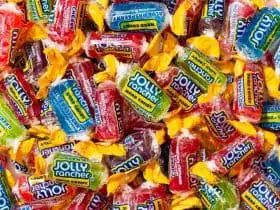
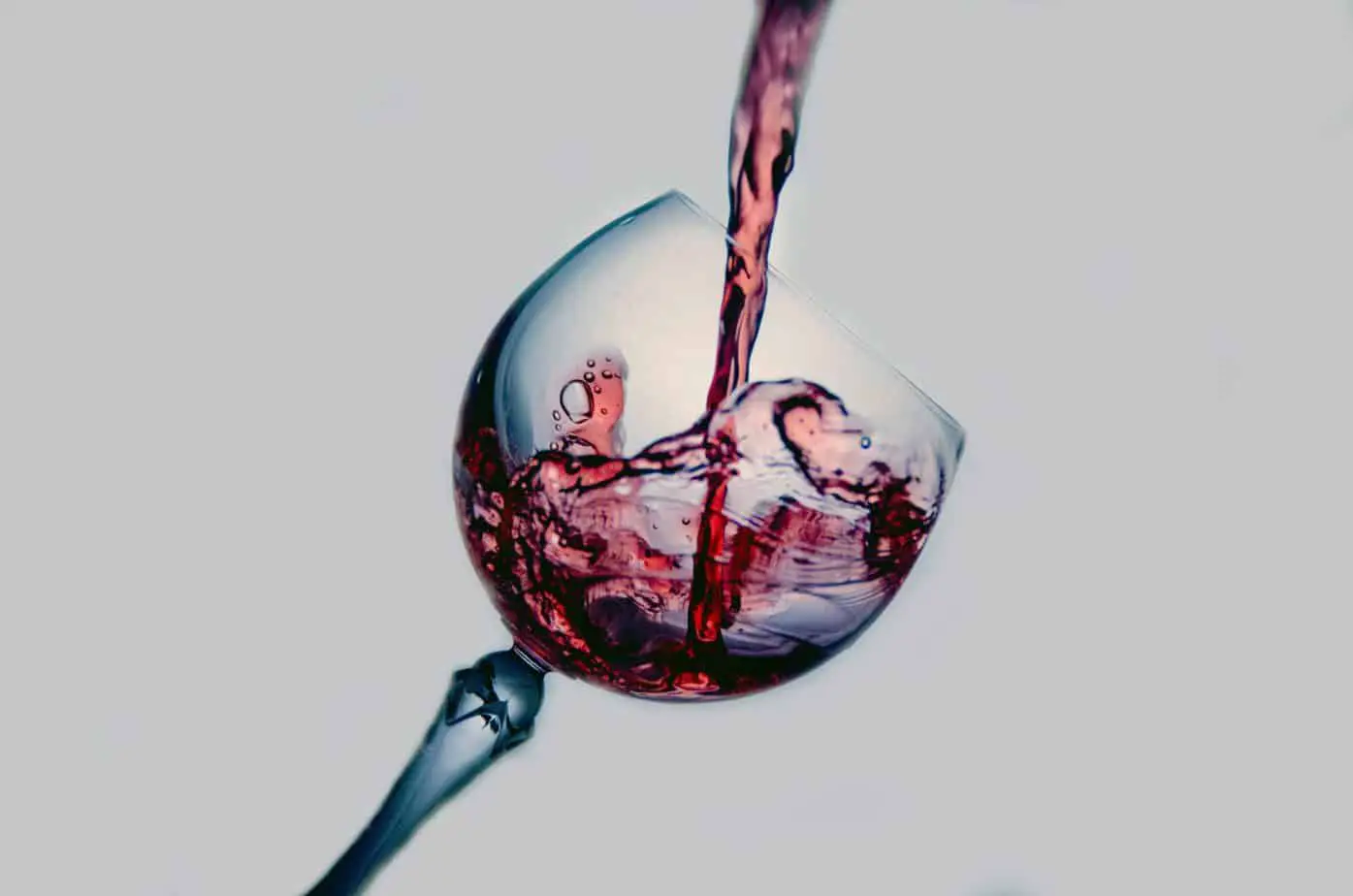
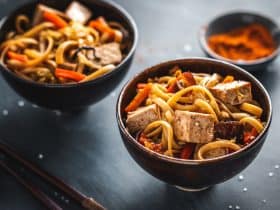
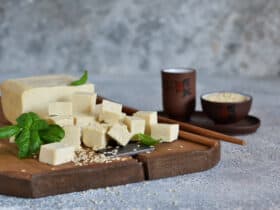
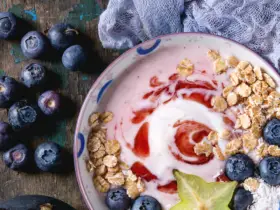
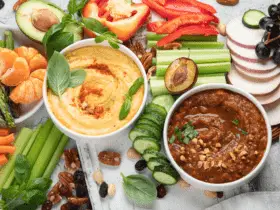
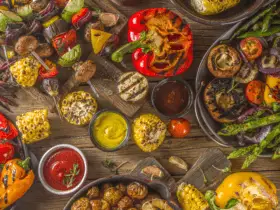
Leave a Reply